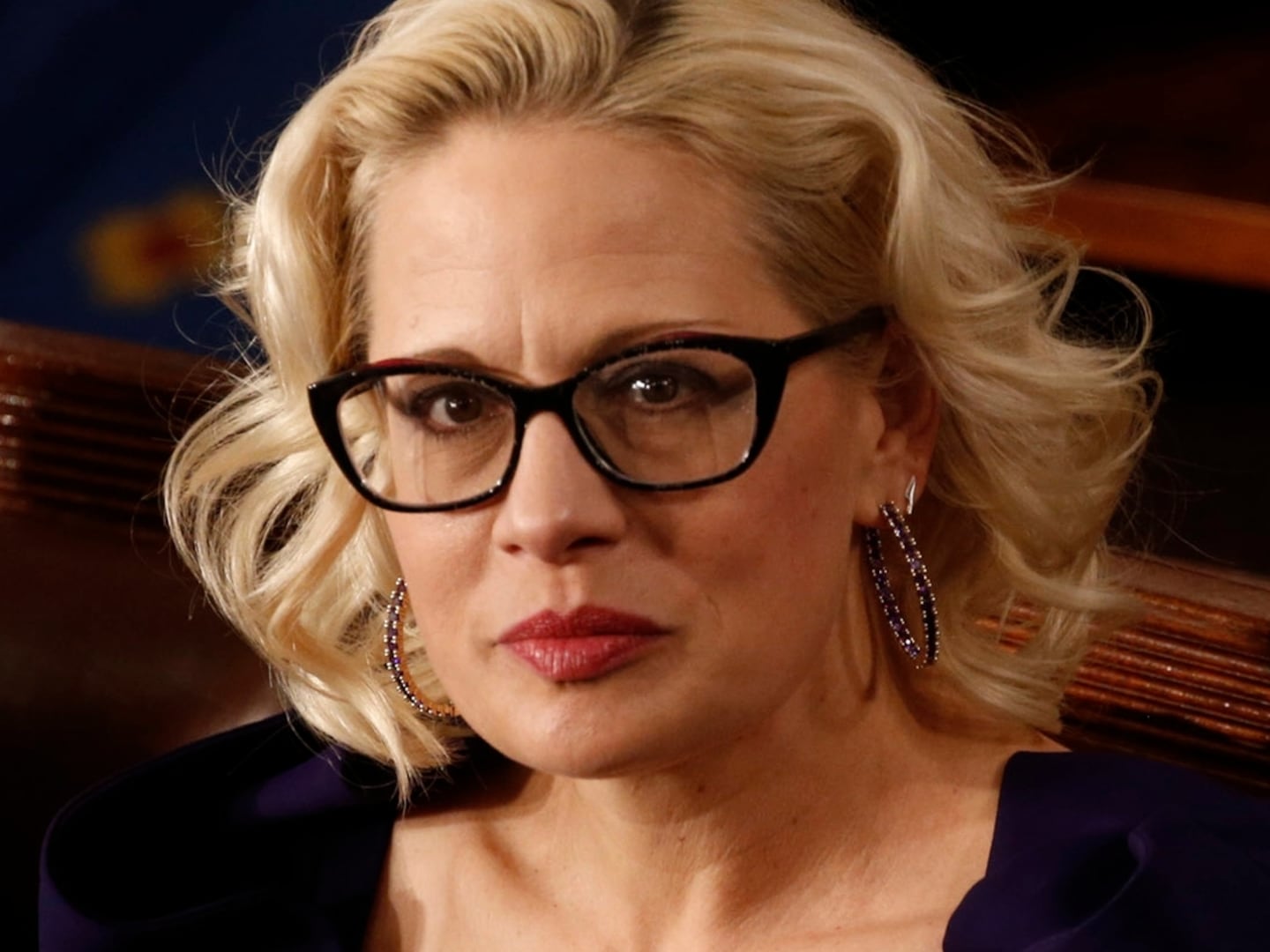It was a simple statement, really. “Who am I to judge?”
But when stated by the pope, about gay priests and perhaps gay people in general, those five words have ignited quite the holy firestorm, particularly in the American Christian church.

I don't know why that is the case. While it is a marked shift in tone from the church's previous posture, in my view, the leader of the world’s Catholics is simply guiding his fellow Christians back to one of our most foundational principles: an inclination toward humility, in politics and in life. And he is in good theological company in doing so. Despite all the uproar, Francis is simply repeating the words of Christian martyr Dietrich Bonhoeffer, who once powerfully stated, “By judging others we blind ourselves to our own evil and to the grace which others are just as entitled to as we are.”He's also echoing eminent evangelical theologian C.H. Spurgeon, who declared, “Those who are quick to censure may be very acute in judgment, but they are as yet very immature in heart. He who grows in grace remembers that he is but dust ...”And he is even repeating great evangelical preacher Billy Graham. One of Graham’s most-telling quotes came when he was asked by Newsweek to explain who would get into heaven. Graham replied, "Those are decisions only the Lord will make. It would be foolish for me to speculate on who will be there and who won’t ... I don’t want to speculate about all that. I believe the love of God is absolute. He said he gave his son for the whole world, and I think he loves everybody regardless of what label they have.”Pope Francis is reading from the same Bible as Bonhoeffer, Spurgeon, and Graham. It’s a text that begs believers to get the plank off of our own eye, before turning to the possibility of a speck in another’s. In the Bible’s book of Romans, the Apostle Paul asks the church in Rome a pertinent question: “Why do you pass judgment on your brother? ... For we will all stand before the judgment seat of God.”Two thousand years later, Pope Francis has made effectively the same inquiry. In doing so, he does not give up his right to hold his own opinions, or publicly state his views on policies, issues, or ideas. But when it comes to assuming the basic dignity and worth of others—regardless of their race, religion, and yes, their sexuality—it's a fair question, indeed. Who am I, really, to judge?





